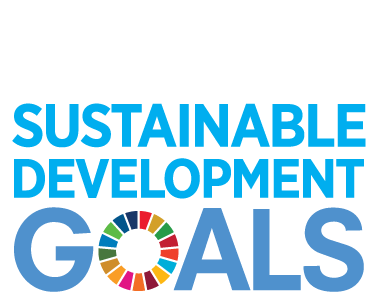The conference programme is informed by a number of international initiatives including most notably the United Nations 2030 Agenda for Sustainable Development and its 17 Sustainable Development Goals (SDGs). The Agenda calls for action by all countries to improve the lives of people everywhere. Together with the United Nations, governments, businesses and civil society are mobilizing efforts to achieve the Sustainable Development Agenda by 2030.
The high-level UN Ocean Conference was held at UN Headquarters in New York in June of 2017 to specifically support the implementation of SDG 14: Conserve and sustainably use the oceans, seas and marine resources for sustainable development.
Additionally, the IMO Assembly recently adopted the IMO Strategic Plan 2018-2023 that includes for the first time a commitment to engage in ocean governance as a strategic direction.
WMU is strongly committed to the UN 2030 Agenda and recognizes that all of the SDGs are interrelated and indivisible. At the UN Ocean Conference, WMU registered a commitment that aims to contribute to the implementation of Goal 14 by training a new generation of maritime and ocean leaders through the delivery of specialist post-graduate educational programmes in Ocean Sustainability, Governance and Management, as well as in Maritime Energy Management, amongst others.
The WMU Global Ocean Conference 2018 will bring together representatives of international organizations, governments, ocean industries, research communities, civil society and other academic institutions. At the Conference, participants will discuss, inter alia: building transformative partnerships for ocean sustainability; identifying opportunities for integrated policy-making by intergovernmental bodies; enhancing the role of the regions, industry and civil society in decision-making regarding the implementation of the SDGs, as well as how best to improve governance and policy coherence.
Conference Objectives
The conference programme aims to bring together key players to work on three objectives:
-
Highlight the many threats to the world’s oceans ranging from land-based pollution to coral bleaching, overfishing, marine habitat degradation, ocean acidification and the impacts of climate change.
-
Explore how best to build transformative partnerships between public and private bodies for ocean sustainability in light of the 2030 Agenda for Sustainable and Development and the SDGs.
-
Identify research priorities for the future work programme of the Global Ocean Institute.

